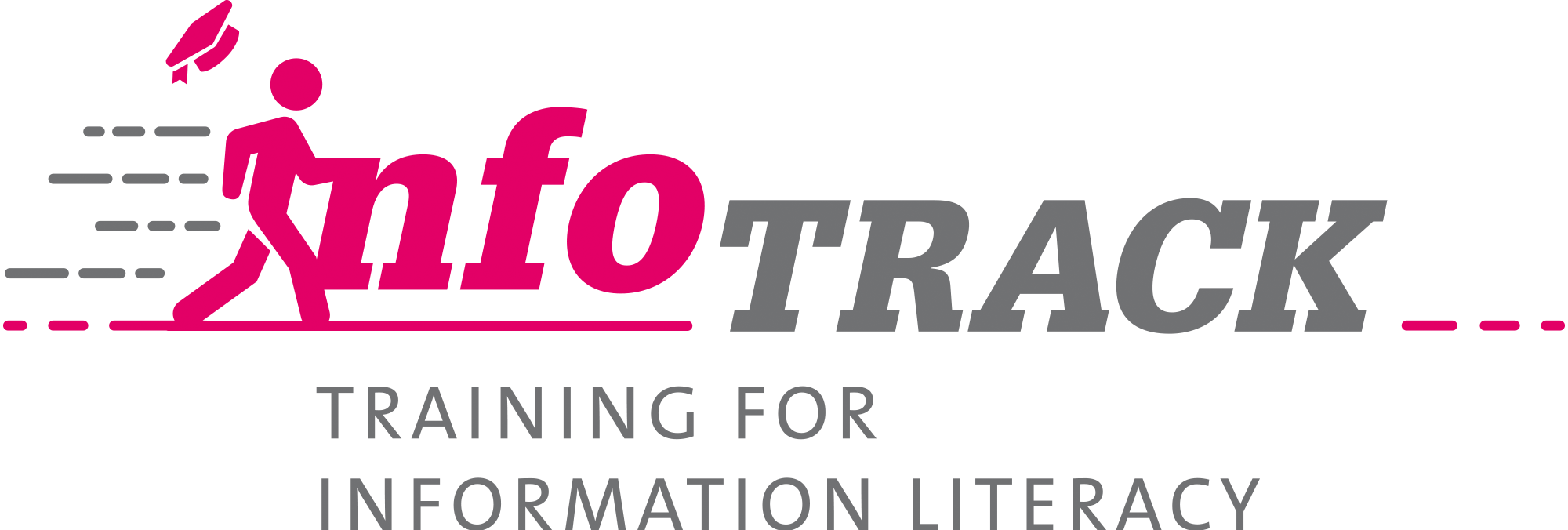Which of the following hits were returned by Google by typing the search term “Piaget”? (select all that apply)
Tricks to know about Google and Google Scholar
The art of being scholarly
OBJECTIVES
- Differentiate a Google search from a Google Scholar search
- Use the advanced search in Google Scholar
Which is true among the following statements? (select only one)
You’re searching Google Scholar for an article by Jacques de Werra about biopiracy and you only have a few words of the title: fighting against biopiracy. Which of the following search queries is the most efficient? (select only one)
Search engines are useful for finding information on any subject. However, to avoid spending too much time sorting out unusable sources for your work like Anna, Google Scholar can be a good starting point.
Unlike Google, Google Scholar allows you to limit your search to academic publications.
To use Google Scholar efficiently, use the following aspects of the advanced search:
- intitle: to search in the titles of documents
- author: to search the names of authors
- Exclude search terms with a minus sign –
- Find an exact expression with quotation marks " "
Google Scholar is obviously not the only way to find scientific documents. You will find other information retrieval tools relevant to your discipline on the library’s website.





